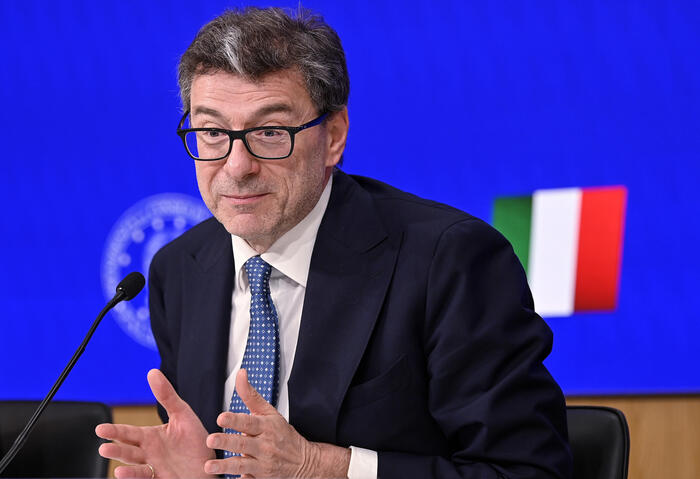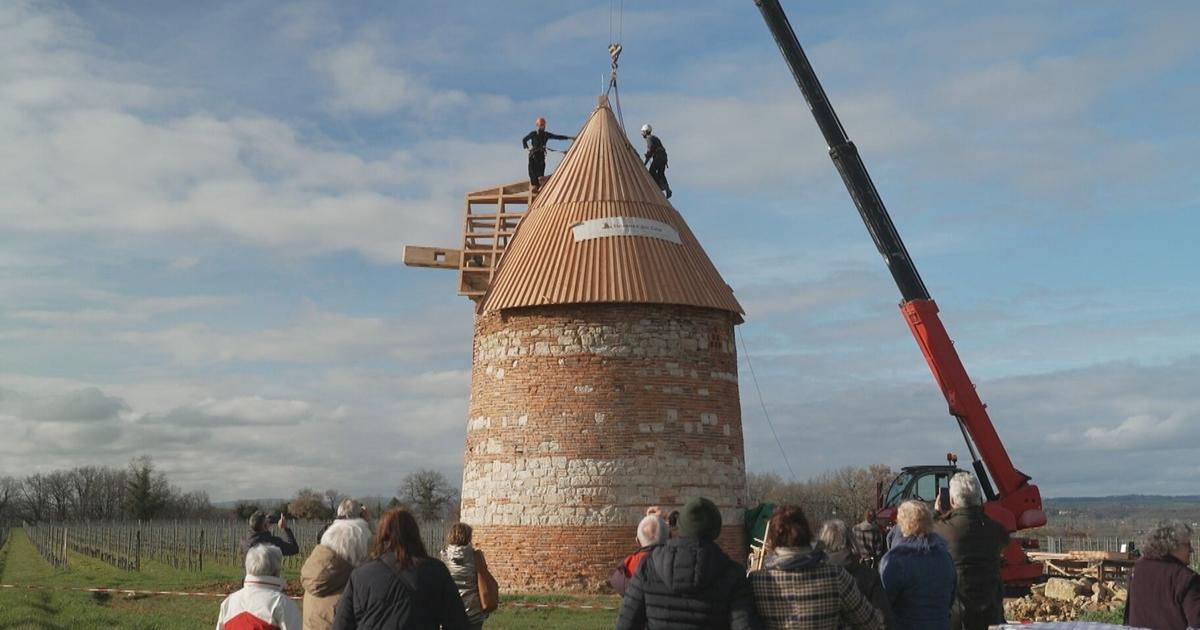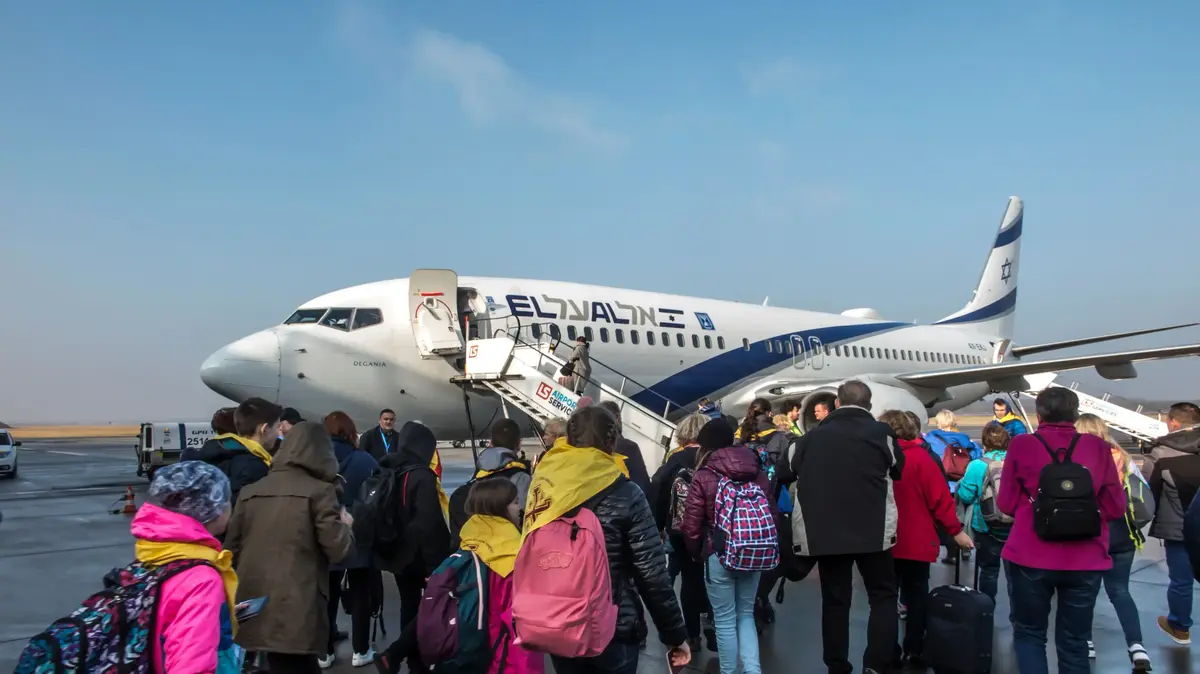18 million tons of food end up in the garbage every year.
Fabio Graf wants to counteract this.
The Farchanter is therefore bringing the Foodsharing initiative to Garmisch-Partenkirchen.
So far, five food savers have been found.
Farchant
- May 2nd is food waste day - a symbolic day for Fabio Graf. Because the Farchanter stands up for the fight against the careless handling of food of all kinds. He is an ambassador for the Foodsharing initiative and would also like to achieve a rethink on site in his home region. Together with Pia Scheider, he is now bringing the environmental movement to Garmisch-Partenkirchen. "Now enough people have come together at the same time to start the whole thing here," says the 24-year-old. The group in Werdenfelser Land currently consists of five food rescuers.
According to the nature conservation organization WWF, 18 million tons of food end up in the garbage every year.
Broken down to Germany, there is an astonishing number: Everything in food that was produced from January to the end of April ends up in the trash, so to speak.
Hence May 2nd as a reminder.
An enormous waste for Graf.
"So much depends on agricultural land and energy from workers, energy in the sense of electricity and CO2 emissions - a huge effort that we could use differently if we didn't throw away so much."
Members fetch overproduced or unwanted goods from bakeries, supermarkets, wholesalers and canteens and distribute them on a voluntary basis
In order to direct people's focus to this topic, the members of Foodsharing cooperate with bakeries, supermarkets, wholesalers and canteens. There they pick up overproduced and unwanted goods. They distribute these in private circles on a voluntary basis and free of charge. "We like to share the saved food, because it is sometimes too much for us, others participate so indirectly, and it creates awareness." In addition, each individual can use the online platform www.foodsharing.de and offer their food to share . If you have something to give in, you take a photo and write about what you have to offer. Interested parties can send a message and pick up the groceries at the agreed location.
In Garmisch-Partenkirchen there will also be a so-called “fair divider” in the future.
This includes publicly accessible refrigerators and shelves from which everyone can get saved food.
For this project, however, a suitable location is needed first.
“In addition, more locals have to be found who are willing to support the initiative,” emphasizes Graf.
Project should now become better known - comrades-in-arms wanted
For now, he wants to make public that the newly founded district of Garmisch-Partenkirchen exists.
“We want to introduce the whole thing, because most people are not yet familiar with the project.” Currently, it is more a term for the younger generation or for those who have lived in big cities.
If there are more people who get involved, those responsible can address more shops.
At the moment it is a company in Garmisch-Partenkirchen with which the food rescuers cooperate.
By appointment, they drive to the store and sort out the groceries.
“This is how we relieve the companies of some of the work on site.” The ambassadors are still in contact with three other stores.
There is no competition to the table, assures Fabio Graf
According to Graf, there is no competition to the table, which operates on a similar principle.
“We don't want to take anything away from the blackboard,” he emphasizes.
As a “supplement”, the young people get the leftover groceries after the table has already become active.
"We'll come before things really end up in the bin."
Graf is committed to many sustainability projects.
He is also involved in organizations such as “Viva con Agua” and “Menschen für Menschen” - both water projects - as well as the Munich food sharing group.
Dealing with the issues of climate and environmental protection moved him to his great commitment.
"What we do as food sharers, so that you don't just throw away food, is a zero waste approach," explains the Farchanter.
So zero rubbish.
He wants to give something meaningful back to society, "be it socially or in the environmental and climate area - so that we can all benefit and see that we are better together".
BY PAULINA PORER
Contact the grocery rescuers by email:
The Foodsharing initiative, founded in 2012, sees itself as an environmental organization that would like to make itself superfluous again in the long term. Until then, however, a lot of changes will be necessary, emphasizes Fabio Graf. In private households, around 75 kilograms of food per capita are currently thrown away each year. “There should be an appreciation for the food and this awareness that not everything can be taken for granted. We live pretty well here, others don't have it so well, ”emphasizes Graf. Foodsharing tries to initiate a rethink "together with society that everyone can participate". If you want to help, the best way to contact the two local ambassadors is by e-mail to f.graf@foodsharing.network and p.scheider2@foodsharing.network.









